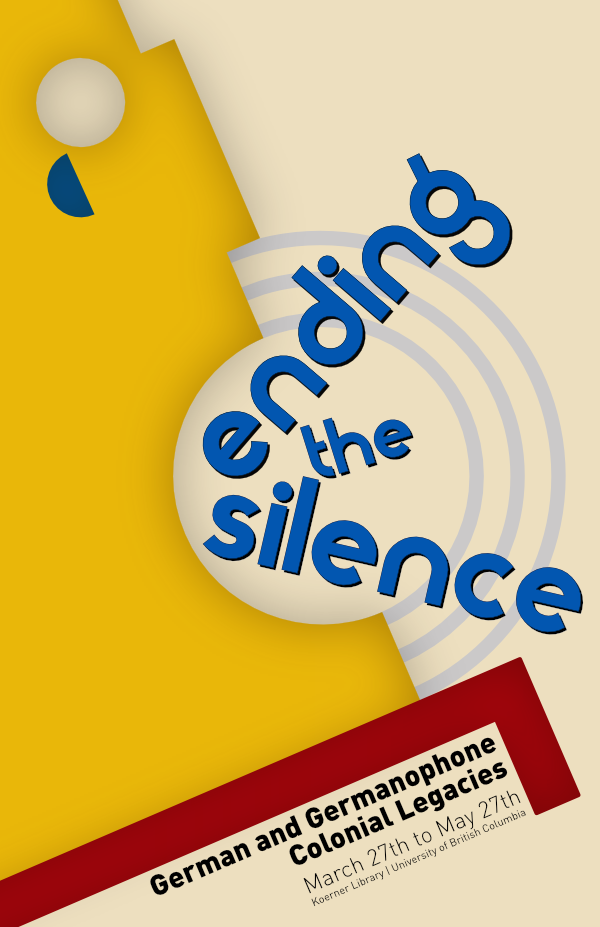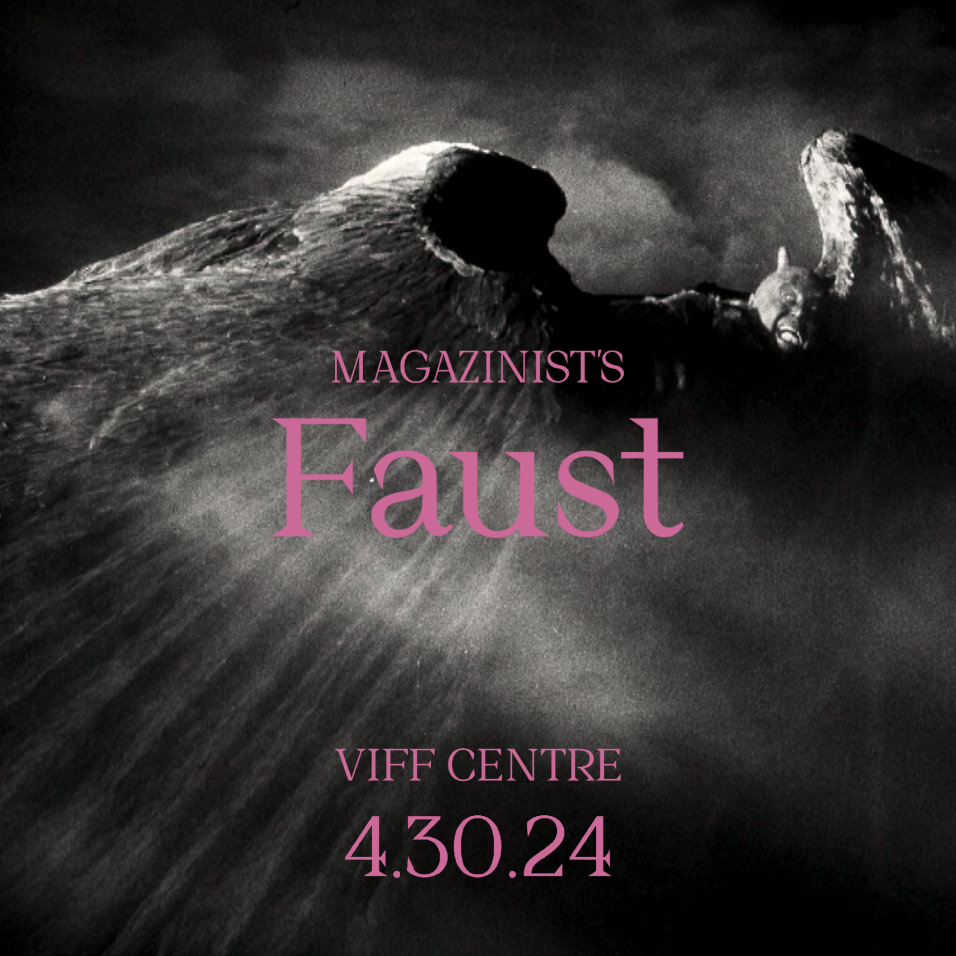Join us on March 23 at 1:00 pm Pacific Time for the virtual Ziegler Lecture Series, featuring Dr. Obenewaa Oduro-Opuni of the University of Arizona.
View the recording here:
Title: “In the Wake: The Limits of Empathy in White German Abolitionist Theater”
Abstract: In the 2016 book In the Wake: On Blackness and Being, English literary and Black Studies scholar Christina Sharpe describes wake work as a “mode of inhabiting and rupturing the episteme with our known lived and un/imaginable lives” (18). She thus presents “a theory and a praxis of Black being in the diaspora” that is contingent upon continuous acts of resistance in the face of lingering colonial and colonizing structures that also operate through various literary channels, old and new. Therefore, enslaved characters as well as their descendants are still considered through the lens of a “politico-economic, racial, sexual, and ontological inscription as chattel” (Cervenak 9) today. In this, the institution of slavery serves as a form of violation that severed the Black enslaved Africans “from their motive will” (Spillers qtd. in Cervenak 9). They were left helpless as the property of their enslavers, unable to change the material conditions of their enslavement or the way their lives were portrayed on the page or stage.
In efforts to attentively care for the dead and the living within Sharpe’s understanding of wake work, I set out to explore the late 18th century and early 19th century white German dramatic genre Sklavenstücke (slave plays), which is understood to articulate a nuanced critique of slavery and the transatlantic slave trade and thus serve as a transnational contribution within the larger discursive abolitionist context. I respond to this genre by way of an analytical lens rooted in Black thought and theories that allows for the centering of the human – and Black humanity more broadly – amid experiences of dehumanization and commodification. Insights from Black studies and postcolonial theory help to unmask these plays and expose white paternalist perspectives and gazes. Applying a critical Black studies reading, I discuss this genre of plays as being performative in nature because the portrayals represent what African American studies and African diaspora studies scholar Sarah Jane Cervenak deems the “energetic hijacking of someone else’s will” (9).
This process is foundational to white imperialist and colonial structures that enable unsettling power relations in which the enslaved are silenced and overridden in their agency while also being spoken for and about in a performative manner. My analysis uncovers the epistemic violence that, alongside explicit physical violence, and torture, centers the Black pained body as a staged spectacle in supposed efforts to elicit empathetic political action.


Bio: Dr. Obenewaa Oduro-Opuni is an Assistant Professor of German Studies at the University of Arizona, as well as affiliated faculty with the Department of Africana Studies. Her research focuses on Black German studies and includes intersectional discussions on transnationalism, colonialism, migration, minoritized cultures, and multiculturalism. She engages German contexts by drawing on approaches rooted in Black thought and theories as well as postcolonial studies. In her current project, she explores 18th and early 19th century German-language discourses that articulate a nuanced critique of slavery and are indicative of abolitionist currents. Dr. Oduro-Opuni is a co-chair for the German Studies Association (GSA) Black Diaspora Studies Network.
Featured image: Photo by British Library on Unsplash


